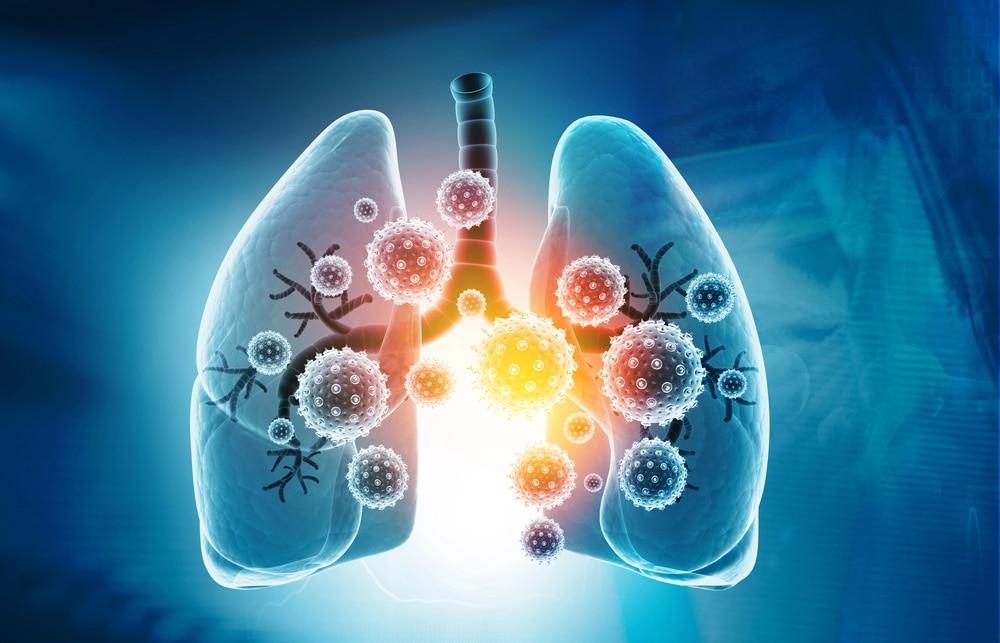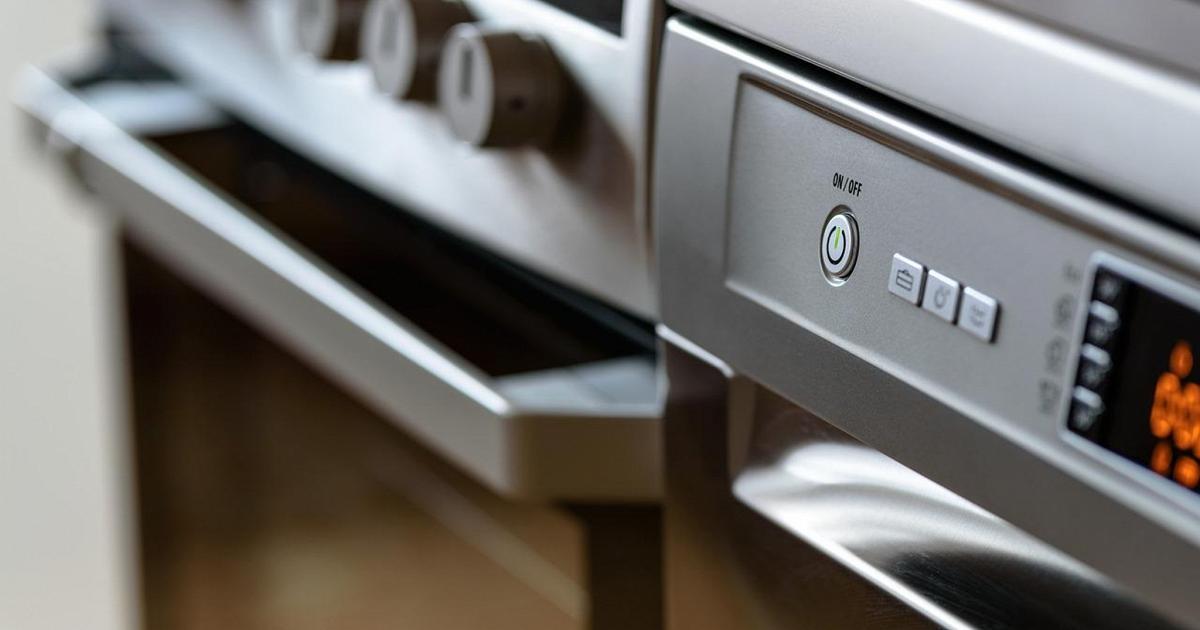Hypoxia reprograms immune cells, so infections persist after severe pneumonia.
You are recovering from severe pneumonia.Your lungs start working again, your oxygen levels return to normal, the doctors release you.Then, three months later, you're sick again.and again.It's as if the body has forgotten how to protect itself.For years, doctors have observed this pattern and don't understand why.Now a team from the University of Edinburgh has found the answer: hypoxia doesn't just temporarily deprive cells of oxygen.leave a markA genetic imprint on immune system cells that persists even when oxygen returns.Neutrophils, the frontline soldiers against infection, leave the bone marrow already reprogrammed.weaker.less effective.This explains why infections keep coming back.
Neutrophils regenerated by hypoxia
Neutrophils are white blood cells that perform specific tasks.That is, it starts where the infection is and destroys the microorganisms.Measuring behavior works well.The agitation should be sufficient to dislodge viruses and bacteria, but not so aggressive that it destroys surrounding tissue.This is a delicate balance, and hypoxia upsets it.
A research team led by Manuel Alejandro Sánchez García of the Inflammation Research Center in Edinburgh studied two groups of people: patients recovering from acute respiratory distress syndrome (ARDS) and healthy volunteers exposed to a high-altitude environment with a lack of oxygen.In both cases, neutrophils showed similar abnormalities.The lack of oxygen changed the way DNA was packaged inside cells, determining which genes were read and which remained silent.
But the most interesting discovery came when they examined the bone marrow.The helper cells that produce new housemates also carry the same milk mark.HYPOXIA does not stop the destructive cells: It gives the factory that produces them, which means that the problem is still making them different.
Histone cleavage, a hidden mechanism
The process is called hospone clipping.Hisis contains proteins that help organize DNA in the nucleus of cells, much like spools around which one thread is wound.When they specifically "cut," they change the structure of the DNA and affect which genes can be turned on or off.It's like reorganizing a library by moving all the shelves: Some books are doing more, while others stay behind.
This rearrangement is not random when exposed to hypoxia in therophils.It systematically alters the ability to respond to infection.Genes activated to kill microbes remain partially silenced.The result is a system of reduced capacity over several months due to respiratory emergencies.
A study published in Nature Emology shows that hypoxia involves moderate changes.These are not centralized, but changes in the genetic code.This is the difference between a book and changing the index: the text remains the same, but it becomes more difficult to find the right pages.
ARDS and high altitude, same effect
Acute respiratory distress syndrome is one of the most serious conditions that can affect the lungs.With severe inflammation, fluid builds up in the alveoli, struggling for oxygen to enter the blood.Those who survive often face months of recovery, recurring respiratory infections that never end.Now we know why.
But hypoxia affects not only serious diseases.Prolonged exposure to high altitudes, where the air is thinner, also produces similar effects.Healthy volunteers studied by the Scottish team developed the same genetic changes in neutrophils after being exposed to low levels of oxygen.The difference is in duration and intensity: those who lived for weeks in the mountains returned to normal more quickly than those who experienced severe respiratory failure.But the mechanism is the same.
As Sanchez Garcia explains:
"Seeing that low oxygen levels have a lasting effect on the immune cells being studied quickly may explain why the cells are less effective in recovering from illness."
I-neotrophil e-neotrophil
Neutrophils live in a normal balance.They must be very aggressive to remove pathogens, but not violent to reinforce joint damage.When they attack the infection, they release enzymes and mammary cells that kill microbes, but can also kill local tissue.Therefore, their behavior needs to be rewritten.
Hypoxia reverses this balance.The activated neutrophils become less reactive, unable to mount a complete immune response.In theory, this should reduce collateral damage as well.But the problem is that infections that are not removed quickly can spread and cause more damage than neutrophils.
It's like a fire sprinkler system that sprays less water than necessary to avoid flooding your home.Result: The fire continues to burn.
Future prospects, open questions
The Edinburgh group has already planned the next steps.They want to understand what exactly causes these genetic changes and, more importantly, whether they can be reversed.If we can restore normal neutrophil function after an episode of severe hypoxia, we can dramatically reduce the risk of recurrent infections in patients recovering from respiratory disease.
The effects go beyond respiratory medicine.Hypoxia is also common in other conditions: heart failure, severe anemia, certain tumors growing in oxygen-poor environments.If hypoxia reprograms the immune system in these settings, it may explain why many chronically ill patients are more susceptible to infection.
Because it is an important discovery
What makes this discovery interesting is the epigenetic structure.We are not talking about lazy DNA damage, but about changes in the way the mother is expressed.
There is also an evolutionary aspect to consider.Maybe this mechanism makes sense.In conditions of oxygen scarcity, an overly aggressive immune system can consume valuable energy and oxygen, making the situation worse.Reducing neutrophil activity may be a short-term survival strategy.The problem is that in modern medicine, people survive episodes of hypoxia that in the past would have been fatal.And they find themselves with a calibrated immune system.for an emergency that no longer exists.
You recover from severe pneumonia.Basic principles of return.But the cells remember.Bone marrow continues to produce vautrophils, which do not work against infection.And you get sick too.Now we know why.Next question: How do we prevent this?
The study was funded by Wellcome and the UKRI NIHR UK Coronavirus Immunology Consortium, which was created to study the long-term outcomes of severe respiratory infections.Research confirms that the immune system doesn't just forget: it retains memory even of seemingly temporary events.








